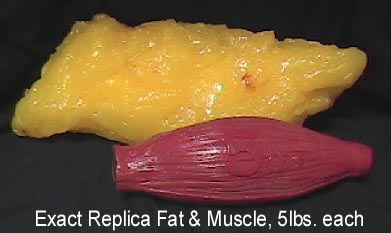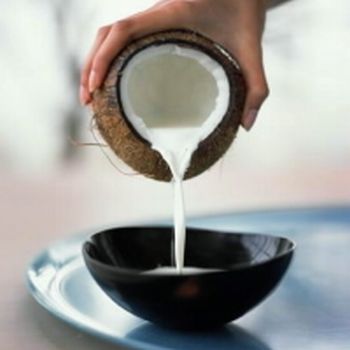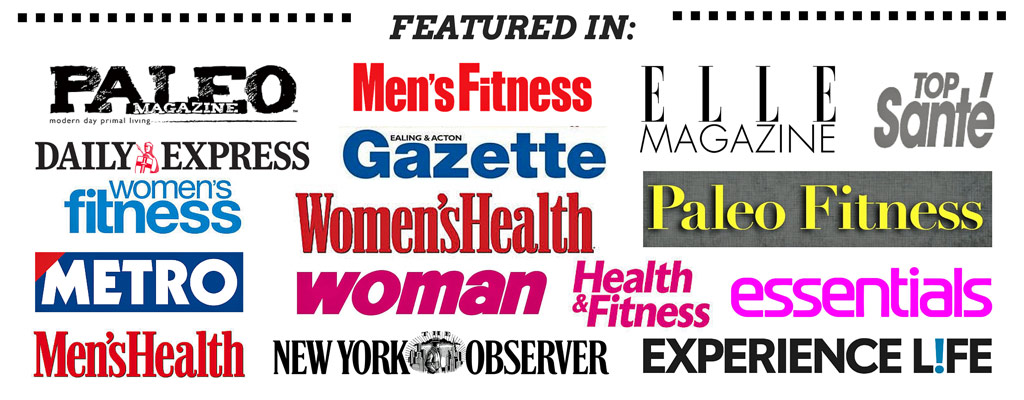Health: What a Waist!
 Friday, October 7, 2011 at 22:16 | by
Friday, October 7, 2011 at 22:16 | by  Darryl Edwards
Darryl Edwards Do you know a bulging waistline has a host of wealth problems?
Men with a waistline of greater than 40 inches (100cm) and women with a waistline greater than 35 inches (89cm) have a significantly increased risk of cancer, type II diabetes and heart disease. Currently 32% of men in the UK have a waistline exceeding 40 inches.
The correct method to measure the circumference around the waist is the midpoint between the top of the hips and the bottom of the rib cage (usually just above the belly button).
So why is this measurement relevant?
Fat that resides in the torso surrounding internal organs is known as visceral fat. Visceral fat is toxic, inflammatory and metabolically active. Excessive visceral fat is one risk factor associated with heart disease, cancer and diabetes.
Current research suggests that waist size is a more accurate predictor of future disease risk than body weight. This view is endorsed by the British Heart Foundation, World Health Organisation, Cancer Research UK and Diabetes UK.
Quote from Cancer Research UK: "Being overweight or obese increases the risk of at least seven types of cancer. The 2nd highest risk factor after smoking."


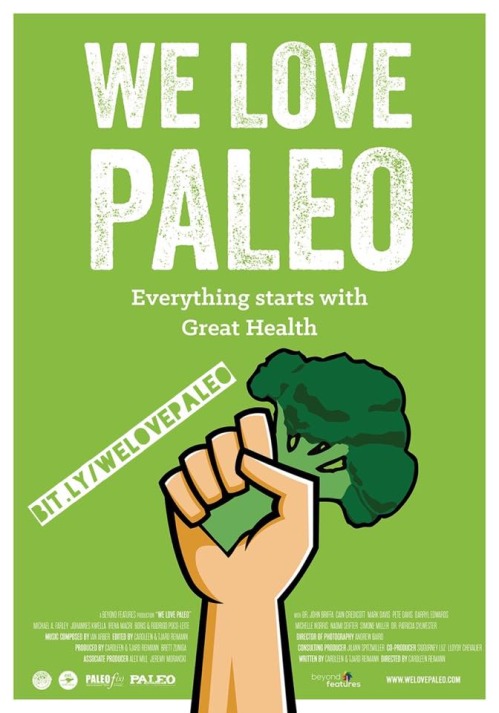
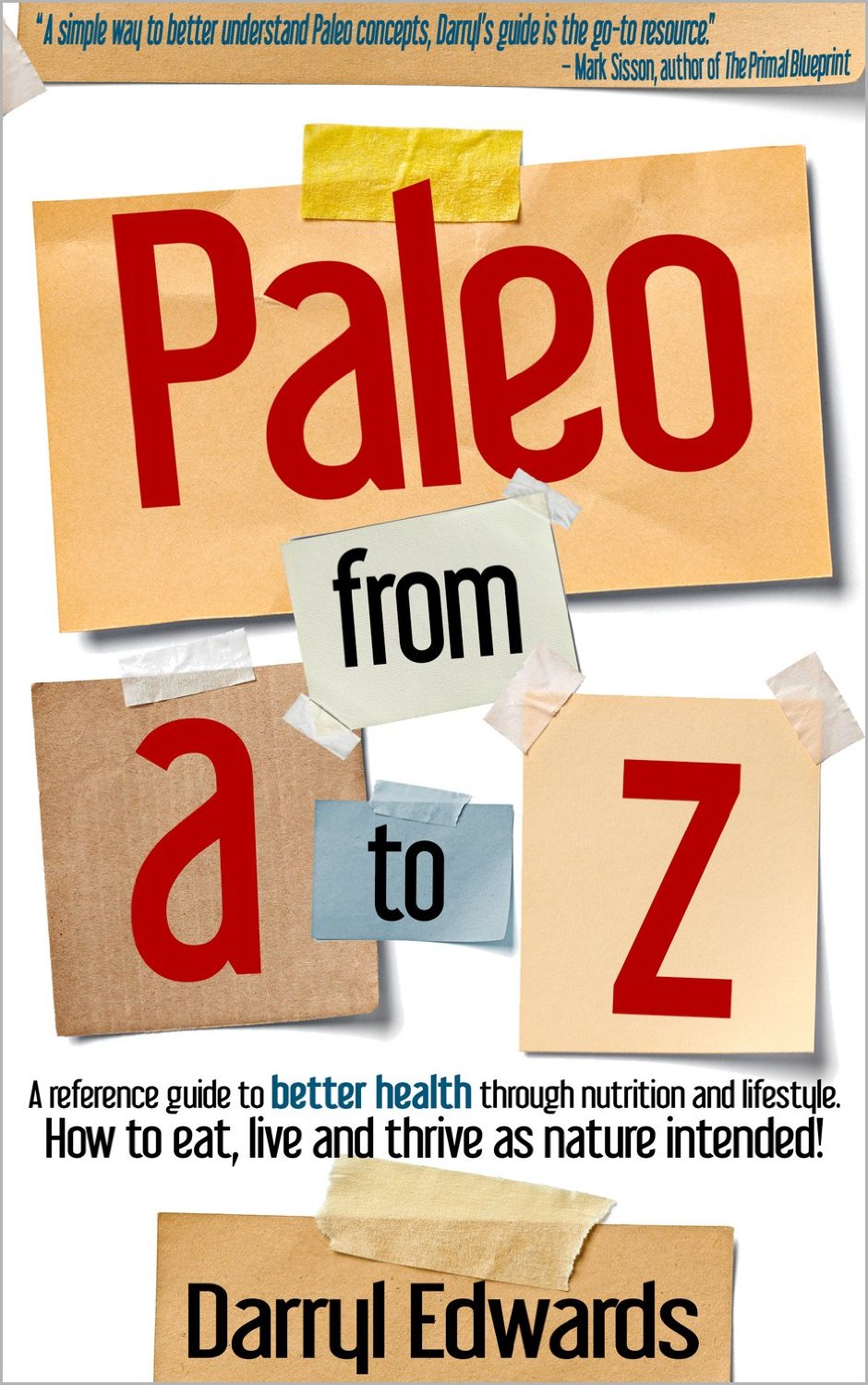

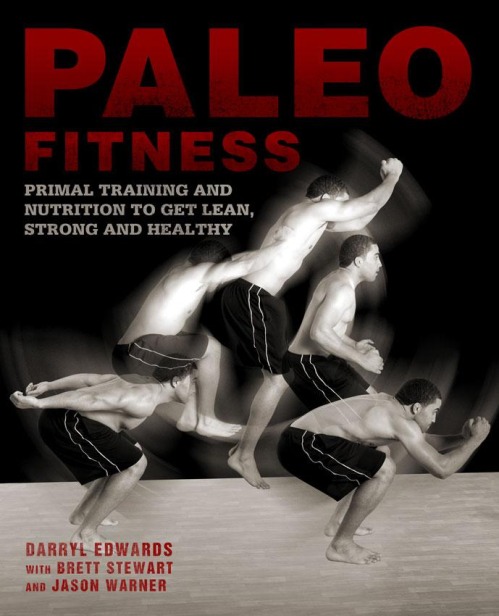












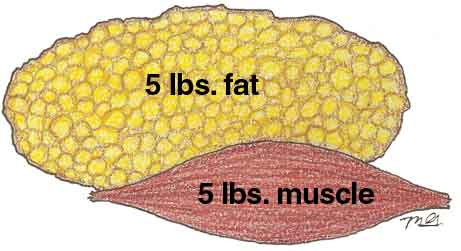
 Hi @Thor, this is an exact replica.
Hi @Thor, this is an exact replica.

